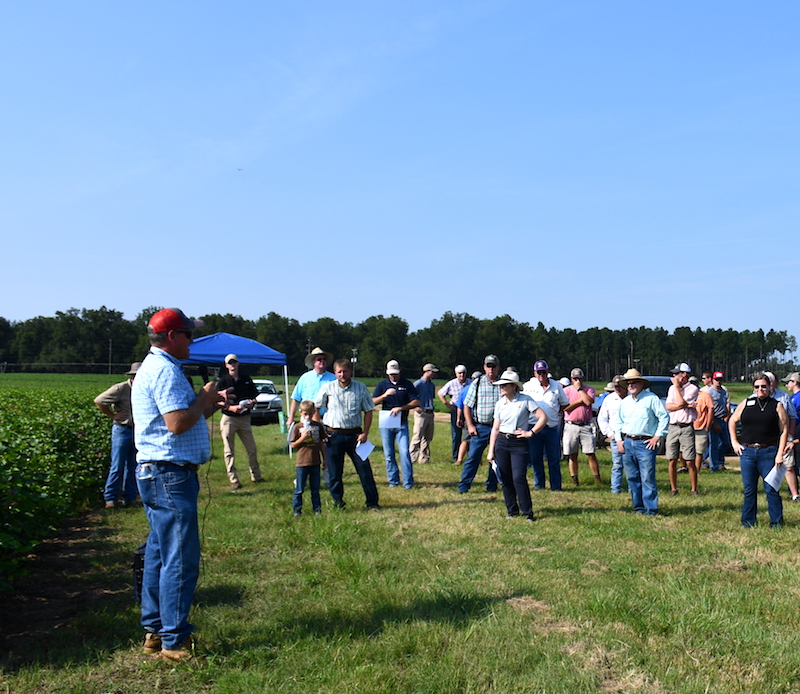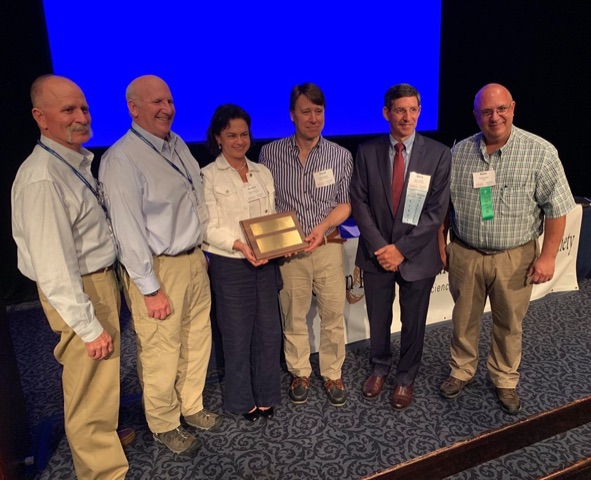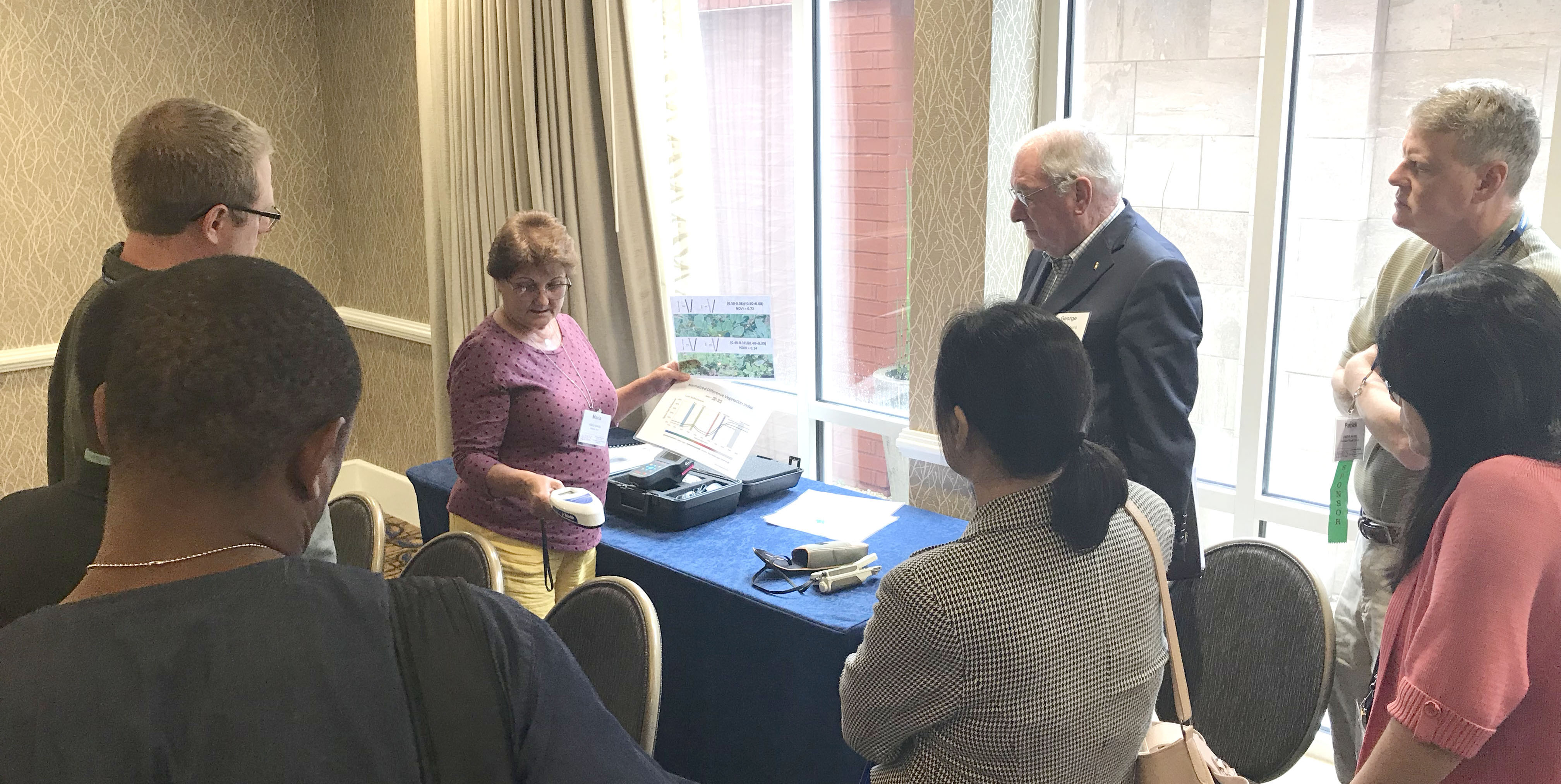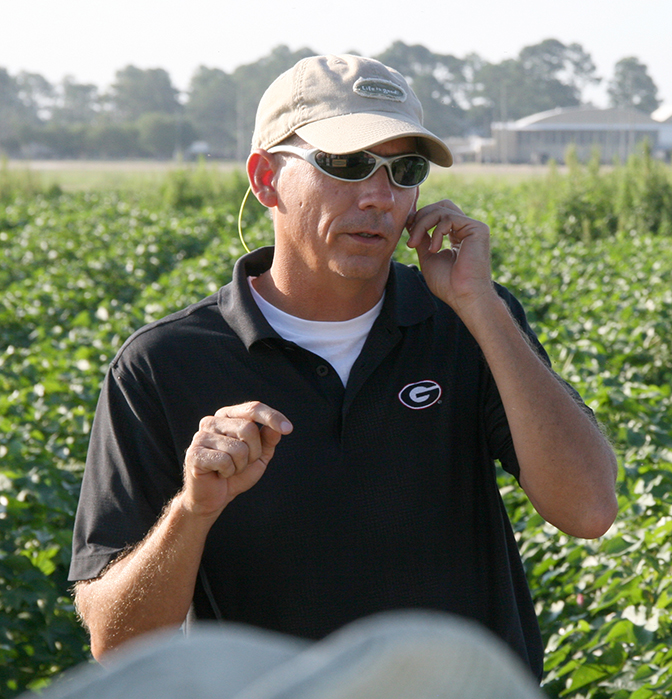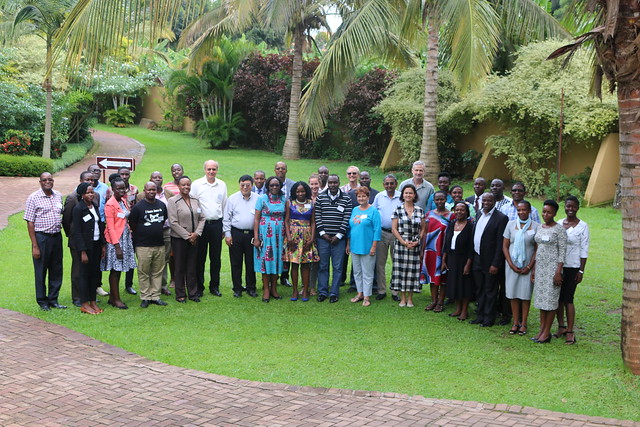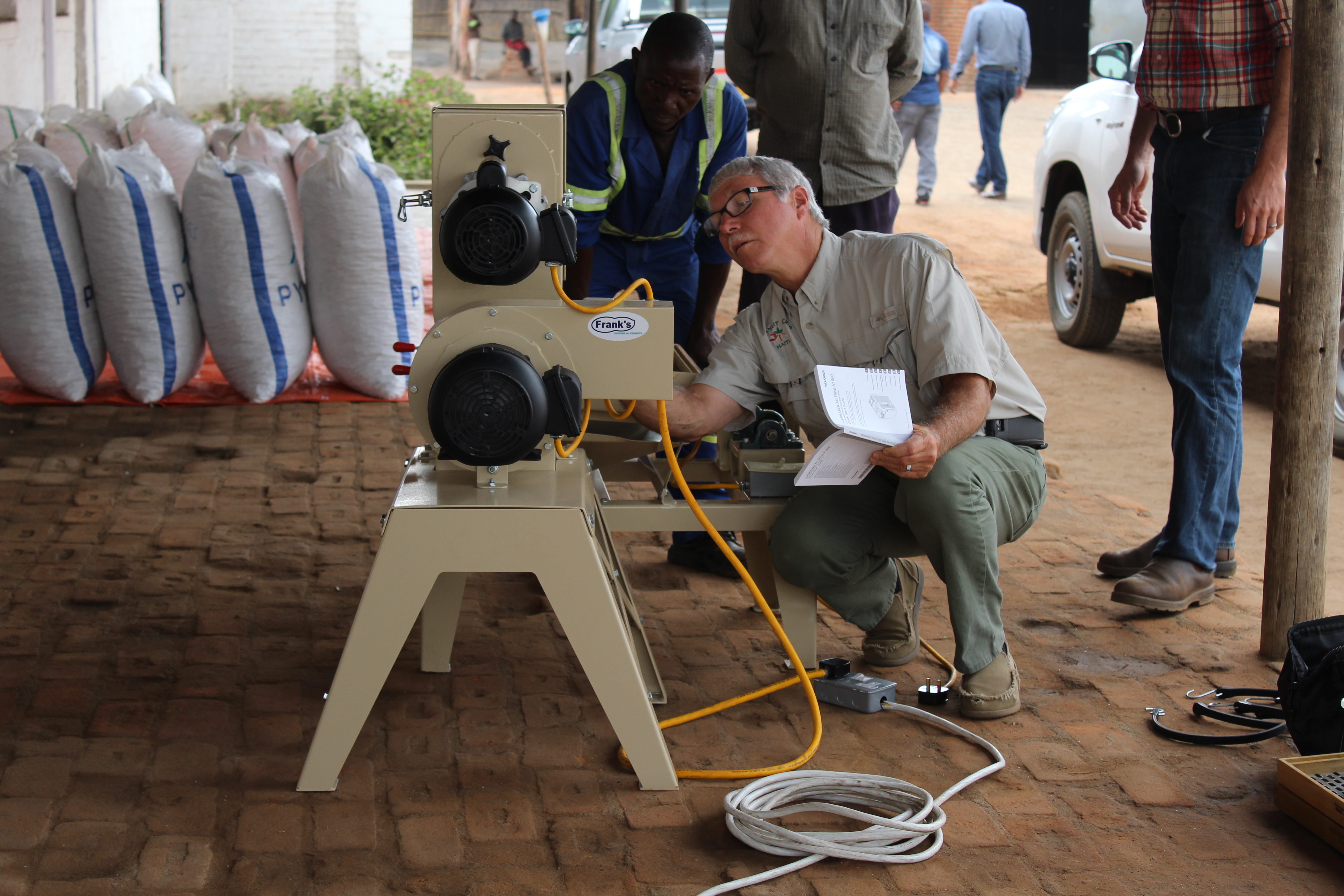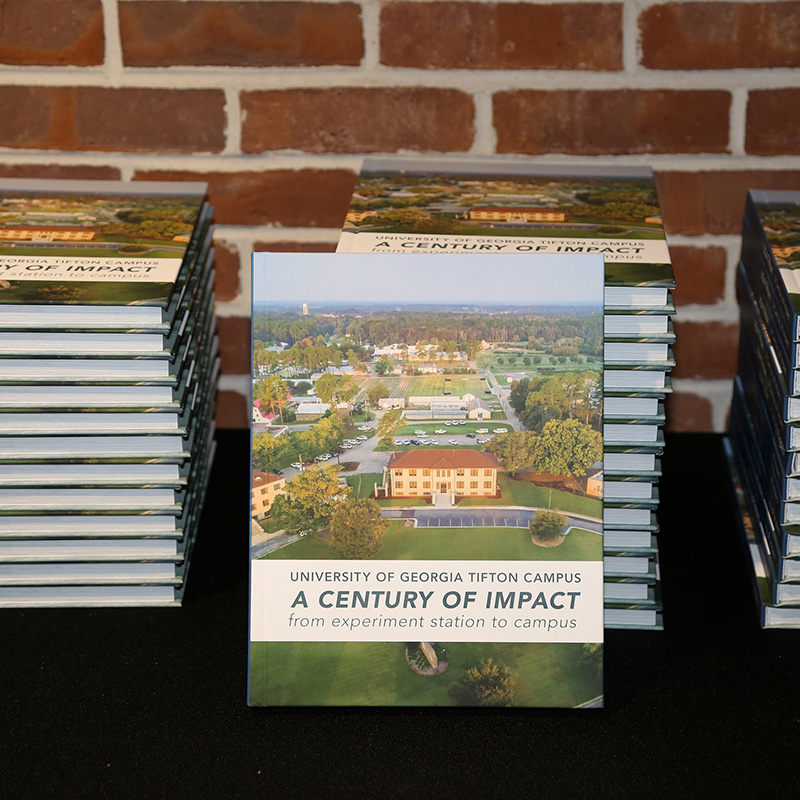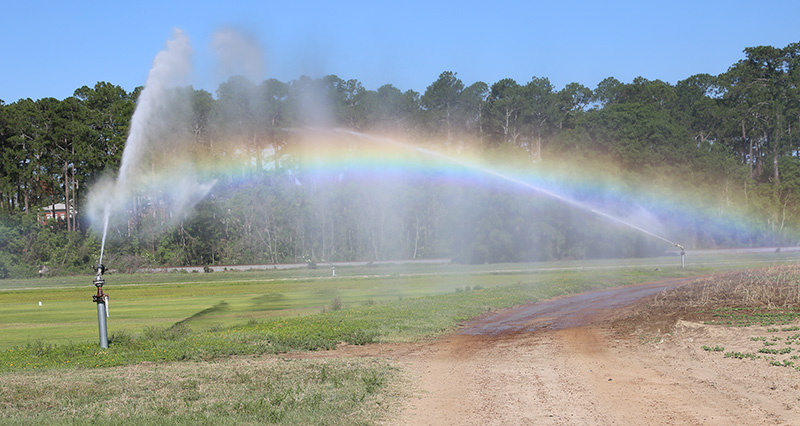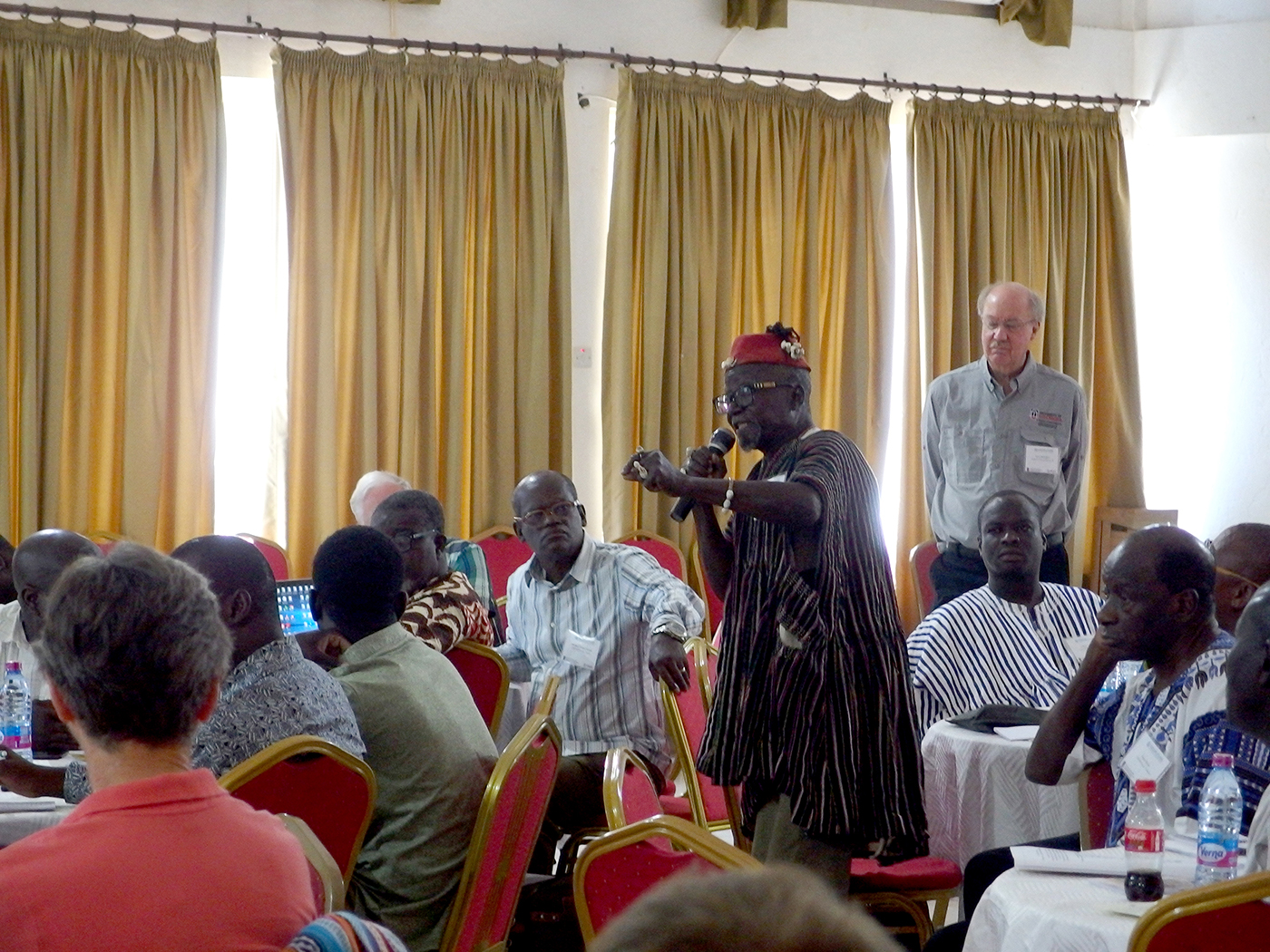 CAES News
CAES News
Ghana groundnut group
Bringing together experts in groundnut research from across Ghana, a new organization of scientists aspires to boost the size of the crop and profit for farmers, improve the quality of groundnuts consumers see at the market and increase the supply of nutritious and safe food served in homes. The Ghana Groundnut Working Group met for the first time in July to explore peanut production, economics, technology and benefits in Ghana. The model for the meeting is the American Peanut Research and Education Society, a 51-year-old organization in the United States that has helped the peanut industry in the Americas weather disease and other production problems over recent decades.

